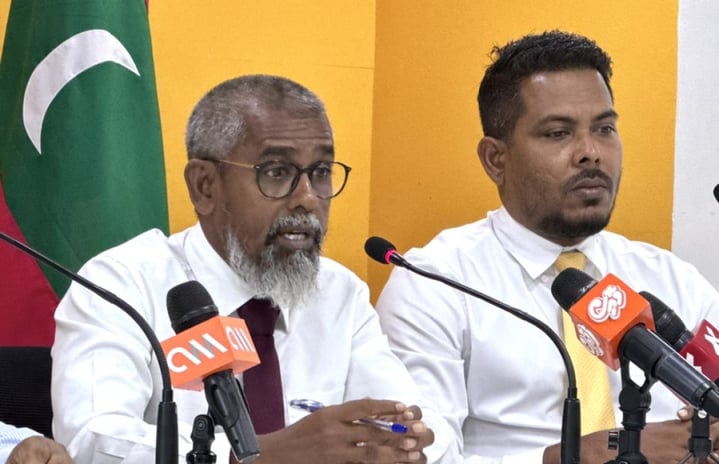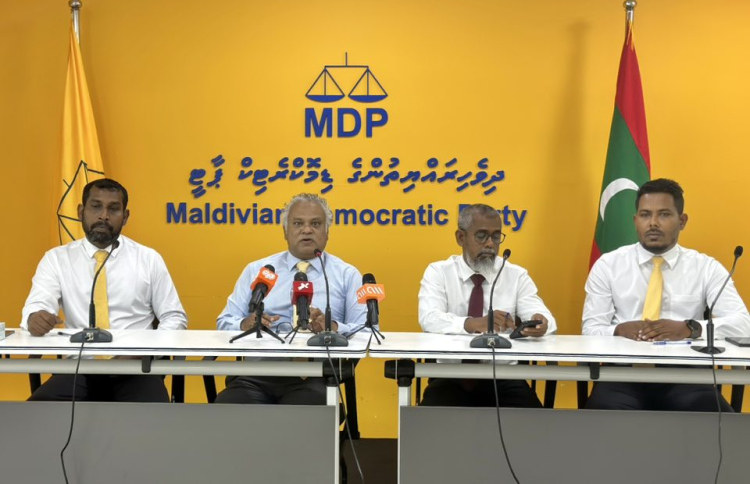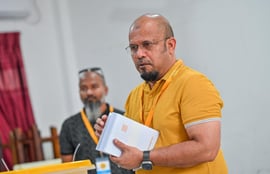Opposition Maldivian Democratic Party (MDP) has sent a formal request to Parliament, calling on the government to withdraw its proposed amendments to the Decentralization Act. This request comes shortly after Parliament opened the bill for public comment.
In a letter addressed to Parliament Speaker Abdul Raheem Abdulla, the MDP stated that any changes to the law should only be made after thorough consultation with the public and relevant stakeholders.
“Therefore, we request the government to withdraw the proposed amendments to the Decentralization Act,” read the letter signed by MDP Deputy Chairperson Ibrahim Waheed.
MDP emphasized that the original decentralization reforms introduced in 2019 were developed through extensive consultation with the public, stakeholders, and international partners. They added that the positive outcomes of those reforms are now being seen from local councils.
The public comment period for the proposed amendments opened yesterday at 6:00 PM and closed today at 1:00 PM, a timeframe the MDP has criticized for being too short.
At a press conference, MDP said that the government's new bill seeks to limit the powers of local councils, essentially restricting their role to just receiving salaries.
Vaikaradhoo MP Hussain Ziyaaru (Fitte) argued that the bill puts council jurisdiction under the direct control of the President and strips councils of their financial independence.
However, ruling party MP Ibrahim Shujau (Baarah) disagreed, saying the opposition is misrepresenting the reforms. He explained that the bill only aims to ensure that councils carry out business through local government companies, without interfering with businesses already run by local citizens.
Provisions of the Decentralization Act Amendment Bill
1. Financial Restrictions in Final Year of Council Term:
If a council is within one year of the end of its term, it cannot take certain actions unless they follow guidelines set by the Ministry of Finance and the Local Government Authority (LGA). These include:
- Hiring new permanent or contract employees.
- Leasing or granting land, lagoons, or reefs under their jurisdiction.
2. Limits on Council-Run Businesses:
Local authority companies (established by councils) can conduct economic activities under specific conditions:
- They cannot operate businesses that already exist in the island community.
- Their work must be related to structural development.
- Investments must not exceed MVR 10 million.
3. Exemptions on Rent:
The government will not charge rent for land or buildings leased by councils to provide essential public services. This includes:
- Land or lagoon areas leased for services.
- Rent for council buildings and properties used for public benefit.
4. Financial Oversight:
Council bank accounts must be managed under a procedure set by the Ministry of Finance. The Ministry must also provide bank statements to councils upon request.






